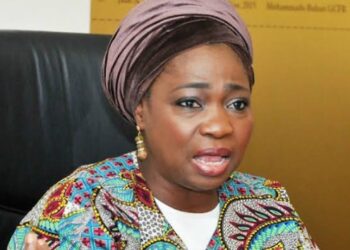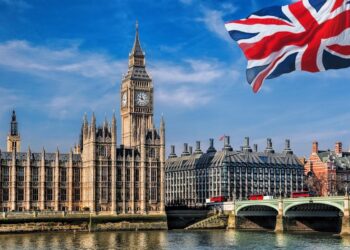The Nigerian Investment Promotion Commission (NIPC) has said that the major challenge for Nigerians living in the diaspora who are interested in impact investment is finding the right partner to do business with.
This is coming as Nigerians in Diaspora Commission (NIDCOM) and NIPC have moved to collaborate on diaspora investment incentives.
According to a report from the News Agency of Nigeria (NAN), this disclosure was made by the Executive Secretary of the NIPC, Ms Yewande Sadiku, while speaking at a strategic meeting with the Chairman of NIDCOM, Abike Dabiri-Erewa, on Tuesday in Abuja.
READ: FG to back $3 billion proposed diaspora investment
What the Executive Secretary of NIPC is saying
Sadiku said that a study, funded by the Department for International Development (DfID), to better understand diaspora investment in Nigeria, discovered that 70% of inflows of diaspora investment were for family support while 30% went into real estate development.
She noted that Nigeria receives more money from its citizens living diaspora than it does from crude oil.
Sadiku said, “The diaspora remittances are a global booming business, and if converted to investment, will enhance the gross domestic product.
‘’Nigerians living in the diaspora were more interested in impact investment. But their major challenge is finding the right partners to do business with.’’
Sadiku urged NiDCOM to collaborate with state governors to encourage their diasporans to invest in projects that would enhance national development.
The two chief executive officers agreed that NiDCOM would be accommodated on NIPC One-Stop Investment Centre (E-OSIC) for easy access by investors.
Speaking earlier during the meeting, Abike Dabiri-Erewa noted that such collaboration between the 2 government agencies is a necessary step toward national development.
The NiDCOM boss urged the NIPC to link up its IGuide Nigeria Website with NiDCOM to guide investors on potential investment portfolios domiciled in various states across the country.
What this means
The collaboration between these two government agencies will help to boost the much needed foreign exchange inflow into the country especially at this time when forex from oil and foreign investors have dropped drastically.
Investments from such segments will also help enhance national development.




















